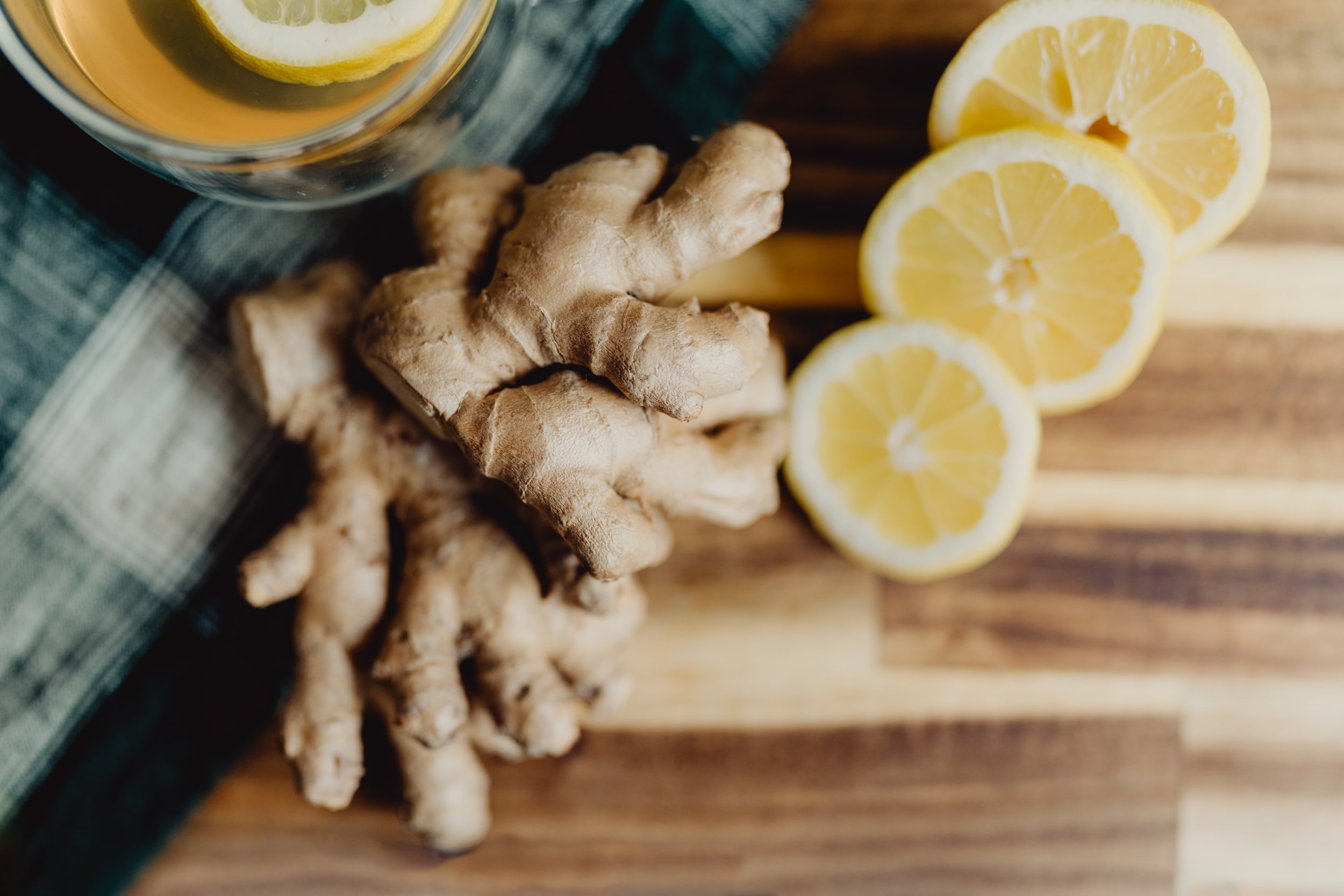5 Things Helping Me Through Perimenopause (That Aren’t Hormone Therapy)
Menopause is defined as the time that marks the end of a woman’s menstrual cycle. This is usually confirmed when a woman has reached 12 consecutive months without a period.
The years leading up to menopause are known as perimenopause. This transitional time, which can last for up to a decade, can be challenging for many women and can come with a number of symptoms which are often much more than an irregular cycle.
I’m 48, and for the last four years I’ve been experiencing perimenopausal symptoms including: vaginal dryness, hot flashes, insomnia, anxiety, and recurring UTIs. As someone who is determined to have as empowered an aging experience as possible, I’m keen to do as much as I can to support and nourish my body through perimenopause. While I’m definitely open to taking HRT (Hormone Replacement Therapy) I also want to be sure that I’m utilizing a holistic approach and giving myself the best possible chance of reaching menopause in optimum mental and physical health.
Here are five things (that aren’t hormone therapy) helping me through perimenopause right now:
1. Hydration
Hydration is always important but I especially notice the difference it makes at at this stage of my life. With so many hormonal changes happening within my body, I really want to do everything I can to support my nervous system. I had a craniotomy 18 months ago for a hemangioblastoma and since then I can’t seem to tolerate the decaf chai that I used to love so much. To ensure I stay hydrated I drink fresh ginger tea throughout the day. Kombucha helps hugely to give me an extra boost if I’m still feeling sluggish. (I’m also going to start taking electrolytes as plain water doesn’t seem to cut it as much these days.)
2. Movement
There’s a lot of emphasis on movement in midlife, but unfortunately much of what we hear about exercise is brought to us through the lens of diet culture. For me, movement has nothing to do with minimizing my “muffin top” or getting rid of my “meno-belly”. These phrases and labels are abhorrent and only serve to add even more stress to what can already be a challenging experience during perimenopause and menopause. I try to move my body daily because movement helps me feel less stagnant and more energized. It also keeps aches and pains at bay. I aim for 30 minutes of movement a day and I try to switch up exercise to maximize the benefits as well as keep it interesting. Walking, stretching on my mat and strength training are my regular go-to’s.
3. Low Sugar
I have a sweet tooth and I love to enjoy cake and chocolate, but I do not enjoy the way my body feels afterwards! I’ve noticed that sugar really messes up my sleep in a way that it didn’t in my twenties and thirties. Insomnia has been one of my most challenging perimenopausal symptoms so I’m keen to help my blood sugar levels stay steady, not spike and crash. I eat sugar in moderation and I try to be mindful of hidden sugars in processed foods. Once again, this is not succumbing to diet culture but a desire to support my body with what it really needs to nourish it as I move further towards menopause. I’ve also cut out alcohol and that has helped hugely with better sleep and feeling less sluggish.
4. Magnesium
Magnesium plays a key role in cardiovascular health, blood sugar modulation, DNA repair, energy metabolism, and nerve transmission. I take Magnesium Glycinate every night around 30 minutes before bed. This helps set my body up for relaxation and I tend to get far fewer headaches. In the cooler months I often also use Lavender Epsom Salts too. I recommend speaking with your doctor before taking magnesium or any other supplements.
5. Prioritizing Sleep
Maintaining a consistent sleep schedule is really helpful for our circadian rhythm. Going to sleep at a set time each night means our brains know when to release melatonin which helps us to feel drowsy and promotes better sleep. I aim to be in bed by 10pm and I usually eat dinner at around 7pm. This gives my body a chance to digest my last meal ahead of bedtime. I keep the bedroom cool with a fan or air conditioning and I use an eye mask so I’m not disturbed by light. I also try to get sunlight on my face soon after waking as this also helps my circadian rhythm. 15 minutes of direct, natural morning light can lead to a better night.
If you’d like to see more posts like this, join me over on Substack. You’ll get all my latest musings emailed to you so you won’t miss a thing.


